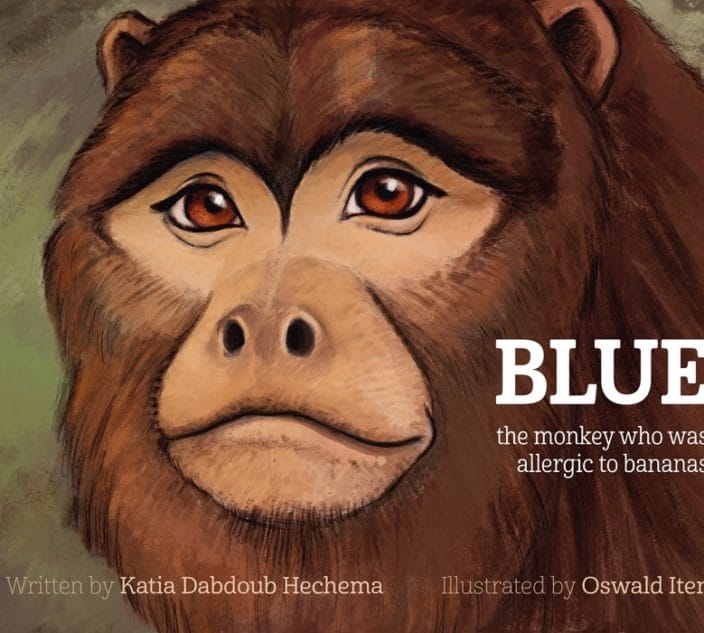
It may be small and fuzzy, but the kiwifruit sure causes more than its share of problems. Also known as the Chinese gooseberry or macaque peach, kiwifruit (or kiwi) was once an exotic import. However today, it has become a mainstay of the North American diet.
Along with its increased popularity has come a rise in kiwi allergies worldwide.
For people who aren’t allergic, kiwi is one of those perfect foods. Each one packs in as much potassium as a banana, more than the recommended daily dose of vitamin C, as well as high levels of beta-carotene. It’s also rich in vitamins A and E, and its seeds are rich in alpha-linoleic acid, an omega-3 essential fatty acid.
The little fruits are also high in fiber and have antioxidant properties, so are considered great cancer fighters.
How Kiwi Allergies Work
For all its benefits, however, the kiwi can be extremely problematic for those who develop an allergy to it. Most reactions are limited to itching and inflammation in the mouth and throat (this is usually linked with oral allergy syndrome). However, others can experience more serious symptoms, including abdominal pain, vomiting, difficulty breathing, and in rare cases, anaphylactic shock and death.
Part of the reason why kiwi has become such a prevalent allergen is that it cross-reacts with many other foods and substances, including birch pollen, avocado, banana, rye grain and hazelnuts. The allergenic proteins share similar properties. This can lead the immune system to react to kiwi in the same way as these other allergens.
It can also spell trouble for people with sensitivities to latex – because while the substances seem fundamentally different, they share common epitopes. So the immune system again sees them as the same thing.
How Common is The Allergy?
Amazingly, kiwi first arrived on North American shores about 60 years ago, in 1962. Kiwi allergy was first reported in 1981. But since that time, kiwi allergies have become one of the most common allergies in Europe, with one study finding that 4 percent of allergic kids tested positive. Another study showed nearly half of food-allergic patients in Sweden and Denmark reported reactions to the fruit.
Some researchers suspect that there is a geographic component at play, and that where there is more birch and birch pollen, there’s likely to be more kiwi allergy. The numbers have also shown a steady increase in North America.
But while people with latex and birch pollen allergies are at elevated risk for kiwi allergy, they shouldn’t eliminate the fruit from their diets unless they experience an adverse reaction. And if you do have a reaction, be sure to discuss it with your allergist.
Related Reading:
OAS: Why do Pollens and Foods Cross-React?
Why Raw Fruit Can Make the Mouth Itchy
OAS – When Raw Fruit is Forbidden





